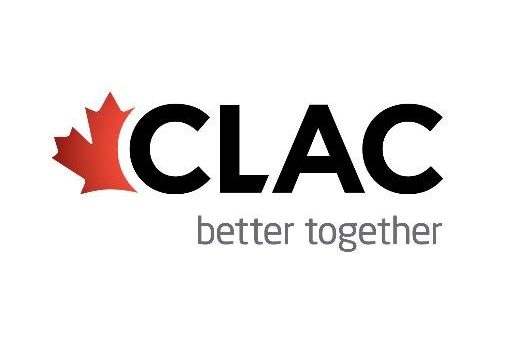The Canadian economy was showing signs of recovery following years of poor performance. Strengthening resource prices and increasing consumer confidence were contributing to economic growth. Canadian labour was poised to benefit from this positive trend. Unfortunately President Trump in the USA is advancing an aggressive agenda of American protectionism, and Canada, being a close neighbour and trading partner, is experiencing the negative consequences of these policies. The North American Free Trade Agreement (NAFTA) is in peril, and we are in the midst of a trade war with the USA, a battle in which Canada is dreadfully outmatched. Fear of what might come of these tensions is causing investment to drop and is wiping out whatever confidence had grown over the past couple years. This is causing uncertainty in the private sector and hardship for Canadian workers. CLAC, like many other unions in Canada, is working hard to protect our members from the worst consequences of these challenges.
Despite these economic concerns, there are other things for CLAC to be thankful for. Current activity in construction remains strong and this is resulting in strong employment for CLAC members in certain provinces. CLAC members working in the healthcare sector are also optimistic due to recent government announcements of increased funding for long term care facilities, an area where CLAC is particularly strong. However, governments have made such commitments before without following through on them, so we remain vigilant in our advocacy work with our elected officials to make good on their promises.
A matter of particular concern for CLAC is the close alliance that our federal government and certain provincial governments have with traditional trade unions (those unions affiliated with the ITUC). These traditional unions contribute large amounts of money to their favoured political parties, and where these favoured political parties form government the traditional unions receive great reward for their support. The reward comes in the form of legislation that grants exclusive access to publicly funded work to members of these traditional unions. This dynamic is playing out in British Columbia, Ontario and with certain scopes of federal work. CLAC is usually the victim of these circumstances because we do not contribute money to political parties and we are competition to the traditional unions that receive these favours from government. As a result, CLAC spends great energy advocating for our members and advancing the principle of freedom of association and fair access to work for all.





